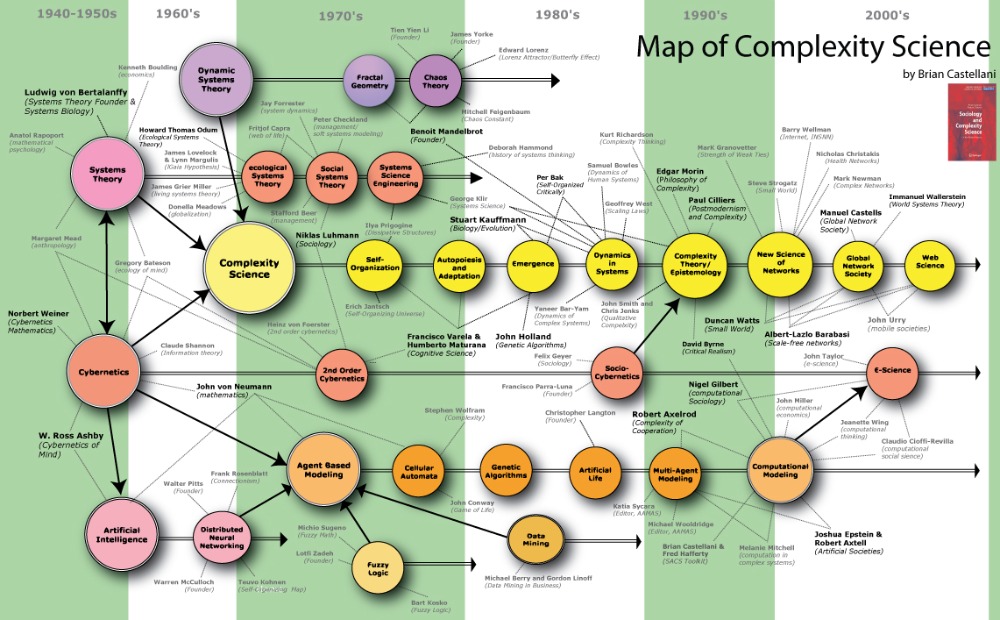Moraline & Self-Deception
What is a moraline? It is a corrupt ethical framework that serves to exploit others for your own ends, often unconsciously. Nietzsche coined the term when he discussed the Christian morality that was present in the bien-pensante Bourgeoisie of the 19th century. He wrote that people used a moraline -- talking about God, or in the name of God -- to camouflage their extortions.
Of course, the same is possible without God. It only suffices to appeal to an authority or an external, quasi-transcendental value, e.g. "the common good". We can generally recognize two types of moraline: one of reduction and one of indignation (which, of course, feed off of each other). We can sometimes see it in people who have good intentions, but who are fully disconnected from reality and unaware of their own insufficiencies. A moraline serves the purpose of simplifying complex matters: it is a rigid ethic that asks of us that we ignore our duty to try to comprehend others. It ignores the necessity of magnanimity and forgiveness.
At its worst, a moraline is manichean; that is to say, it paints the world with two broad brush strokes: Us versus Them, Good and Evil. A moraline comes from an insufficiency of our critical senses and a difficulty of acquiring relevant knowledge. It causes us to persist in illusion by favoring our psychic processes of self-deception and denial. Our ego is fragile, and the human mind knows to repress what it finds disagreeable and select that which it finds agreeable.
Our first and indeed central task is to guard ourselves against such processes lest we devote ourselves to a moraline. Self-critique and introspection must always accompany everything we do. We would do well to remember Darwin's "Golden rule":
Of course, the same is possible without God. It only suffices to appeal to an authority or an external, quasi-transcendental value, e.g. "the common good". We can generally recognize two types of moraline: one of reduction and one of indignation (which, of course, feed off of each other). We can sometimes see it in people who have good intentions, but who are fully disconnected from reality and unaware of their own insufficiencies. A moraline serves the purpose of simplifying complex matters: it is a rigid ethic that asks of us that we ignore our duty to try to comprehend others. It ignores the necessity of magnanimity and forgiveness.
At its worst, a moraline is manichean; that is to say, it paints the world with two broad brush strokes: Us versus Them, Good and Evil. A moraline comes from an insufficiency of our critical senses and a difficulty of acquiring relevant knowledge. It causes us to persist in illusion by favoring our psychic processes of self-deception and denial. Our ego is fragile, and the human mind knows to repress what it finds disagreeable and select that which it finds agreeable.
"The central ethical problem, for each individual, is the one that deals with one's own inner barbarity. It is to surmount this barbarity that self-ethics constitute a veritable psychic training, more difficult but also more necessary than physical training." (Morin)
Our first and indeed central task is to guard ourselves against such processes lest we devote ourselves to a moraline. Self-critique and introspection must always accompany everything we do. We would do well to remember Darwin's "Golden rule":
“I had, also, during many years, followed a golden rule, namely, that whenever a published fact, a new observation or thought came across me, which was opposed to my general results, to make a memorandum of it without fail and at once; for I had found by experience that such facts and thoughts were far more apt to escape from memory than favorable ones.”


Comments
Post a Comment